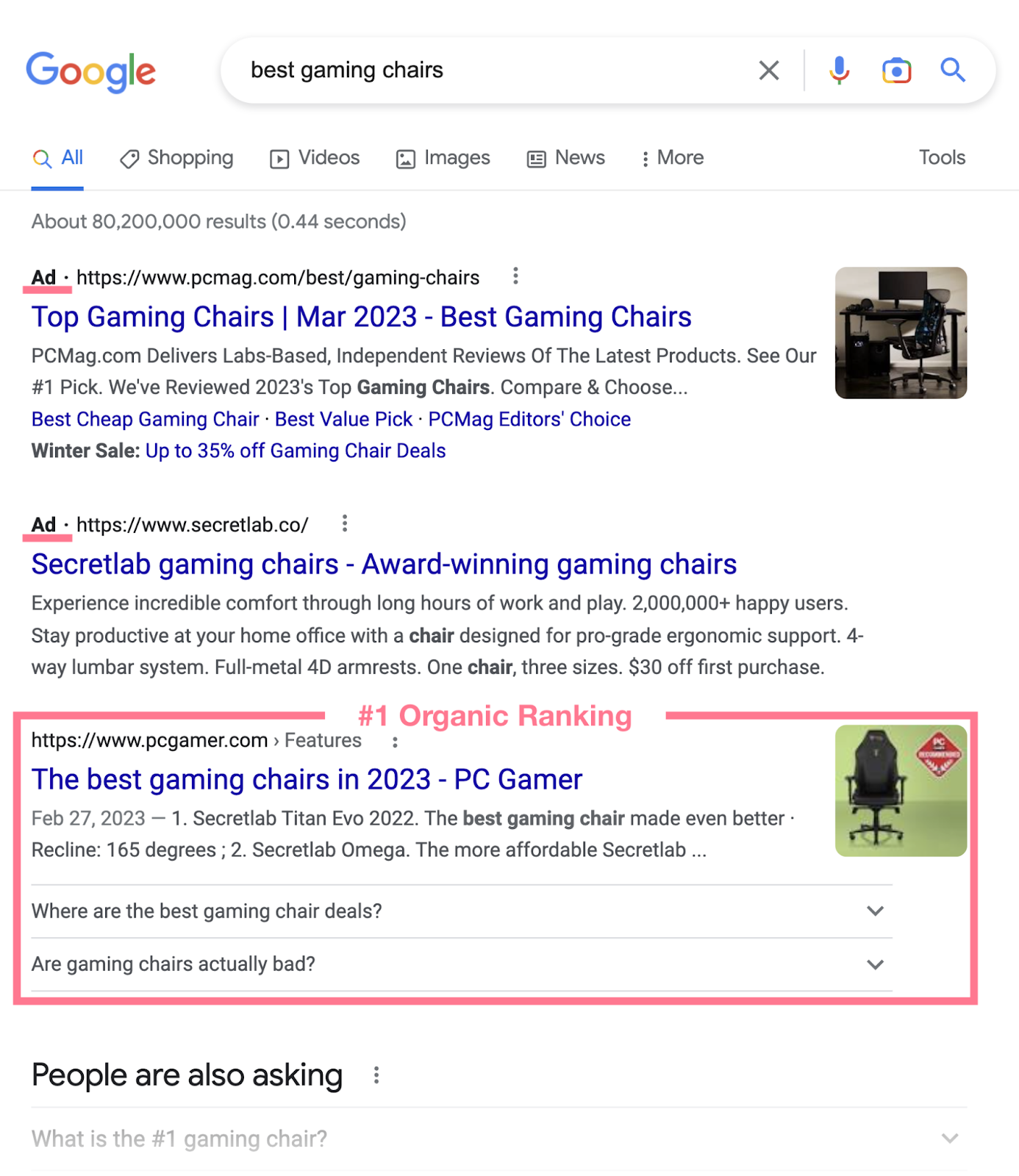Boost Your SEO Ranking Game With The Right API
Let’s face it, folks—SEO ranking is like a rollercoaster ride these days. One moment you're on top, and the next, you're buried under a pile of competitors. But guess what? There's a secret weapon out there that can help you stay ahead: SEO ranking APIs. Yep, you heard me right. These bad boys are changing the game for businesses and digital marketers worldwide.
Now, I know what you're thinking. "Another tech buzzword?" Not exactly. SEO ranking APIs are more than just fancy terms. They’re tools designed to give you real-time insights, automate processes, and help you optimize your website like never before. Think of them as your personal SEO assistant working 24/7.
But why should you care? Because in today's digital jungle, where everyone's fighting for that coveted spot on Google's first page, having the right tools can make all the difference. And if you're serious about climbing those rankings, an SEO ranking API could be your golden ticket. So buckle up, because we're diving deep into the world of SEO ranking APIs and uncovering how they can supercharge your strategy.
- Omegle Live The Ultimate Guide To Exploring The Worlds Most Popular Chat Platform
- Unveiling The Potential Of Httpsmasa49com Your Gateway To Digital Exploration
What Exactly Is an SEO Ranking API?
Alright, let’s break it down. An SEO ranking API is basically a software interface that allows you to fetch and analyze data related to your website's search engine rankings. It acts as a bridge between your site and search engines, providing you with crucial information like keyword performance, backlink quality, and even competitor analysis.
Here’s the kicker: these APIs don’t just spit out random numbers. They offer actionable insights that you can use to refine your SEO strategy. For instance, imagine knowing exactly which keywords are driving traffic to your site and which ones are underperforming. Or better yet, getting alerts when your competitors start outranking you. Sounds pretty sweet, right?
And here’s the best part: most SEO ranking APIs come with user-friendly dashboards and integrations that make managing your SEO efforts a breeze. No more juggling multiple tools or drowning in spreadsheets. Everything you need is right at your fingertips.
- Beatrice Florea Net Worth The Untold Story Of Romanias Rising Star
- Demon Mika Real Name Unveiling The Mystery Behind The Viral Sensation
Why Do You Need an SEO Ranking API?
Here's the deal: SEO isn’t just about throwing keywords onto your webpage anymore. It’s a complex, ever-evolving field that requires constant monitoring and adjustment. And if you’re trying to do all of that manually, well, good luck. You’ll probably end up pulling your hair out.
An SEO ranking API simplifies things by automating a lot of the heavy lifting. Instead of spending hours tracking rankings, analyzing data, and tweaking your strategy, you can focus on creating killer content and building strong backlinks. Plus, with real-time updates, you’ll always know where you stand in the rankings and what changes you need to make.
Think of it this way: running a business without an SEO ranking API is like driving a car without a GPS. Sure, you might eventually get to your destination, but it’s going to take a lot longer and be a lot more stressful. Why not let the API do the navigating for you?
Key Features of an SEO Ranking API
Now that we’ve established why you need an SEO ranking API, let’s talk about what makes them so powerful. Here are some of the key features you should look for:
- Rank Tracking: Get detailed reports on how your website ranks for specific keywords across different search engines.
- Keyword Analysis: Discover which keywords are driving traffic and which ones need improvement.
- Competitor Monitoring: Keep tabs on your rivals’ rankings and learn from their strategies.
- Backlink Analysis: Identify high-quality backlinks and spot potential issues with your link profile.
- Custom Alerts: Set up notifications for significant ranking changes or new competitors entering the scene.
These features not only save you time but also give you a competitive edge. With this level of insight, you can make informed decisions and adjust your strategy on the fly.
How SEO Ranking APIs Work
So, how exactly do these APIs work? It’s actually pretty straightforward. Here’s a quick rundown:
- The API connects to search engines and retrieves data about your website’s rankings.
- It processes that data and presents it in an easy-to-understand format, like graphs or tables.
- Based on the insights provided, you can implement changes to improve your SEO performance.
Some APIs even go a step further by offering predictive analytics, helping you anticipate trends and stay ahead of the curve. And because they’re API-based, they can integrate seamlessly with other tools in your tech stack, making your workflow smoother and more efficient.
Choosing the Right SEO Ranking API
With so many options out there, choosing the right SEO ranking API can feel overwhelming. But don’t worry—we’ve got you covered. Here are a few factors to consider:
- Features: Make sure the API offers the features you need, whether it’s rank tracking, keyword analysis, or competitor monitoring.
- Accuracy: Look for APIs with a proven track record of delivering accurate and reliable data.
- Scalability: If you’re planning to grow your business, choose an API that can scale with you.
- Customer Support: Opt for providers who offer excellent customer support in case you run into any issues.
By keeping these factors in mind, you’ll be able to find an SEO ranking API that meets your needs and helps you achieve your goals.
Benefits of Using an SEO Ranking API
Alright, let’s talk benefits. There are plenty of reasons why you should consider using an SEO ranking API, but here are the top ones:
- Time-Saving: Automate tedious tasks like rank tracking and data analysis, freeing up your time for more important things.
- Data-Driven Decisions: Make smarter decisions based on real-time insights and actionable data.
- Competitive Edge: Stay one step ahead of your competitors by monitoring their moves and adapting your strategy accordingly.
- Improved ROI: Maximize your SEO efforts and see better results with less effort.
When you think about it, the benefits are pretty hard to ignore. Who wouldn’t want to save time, make better decisions, and outsmart their competitors? It’s a no-brainer, really.
Popular SEO Ranking APIs to Consider
Now, let’s take a look at some of the most popular SEO ranking APIs on the market:
Semrush API
Semrush is a household name in the SEO world, and for good reason. Their API offers comprehensive rank tracking, keyword analysis, and competitor monitoring, all wrapped up in an easy-to-use package. Plus, they’ve got a massive database of keywords and domains, making it a great choice for businesses of all sizes.
Ahrefs API
If backlink analysis is your priority, Ahrefs API is definitely worth considering. It provides detailed insights into your link profile and helps you identify high-quality backlinks. Not to mention, their rank tracking and keyword research features are top-notch.
Moz API
Moz is another heavy hitter in the SEO space. Their API offers a wide range of features, including rank tracking, keyword difficulty scores, and on-page optimization suggestions. It’s a great all-around tool for businesses looking to improve their SEO performance.
Each of these APIs has its own strengths, so it really depends on what your specific needs are. Do your research and choose the one that aligns best with your goals.
Implementing an SEO Ranking API
So, you’ve chosen your API—now what? Implementing an SEO ranking API is easier than you might think. Here’s a step-by-step guide to get you started:
- Sign Up: Create an account with your chosen provider and get your API key.
- Integrate: Connect the API to your website or existing tools using the provided documentation.
- Set Up: Configure the settings to track the metrics that matter most to you.
- Monitor: Start tracking your rankings and analyzing the data to refine your strategy.
Most APIs come with detailed documentation and support to help you through the process, so don’t stress too much. And once you’re up and running, you’ll wonder how you ever managed without it.
Best Practices for Using SEO Ranking APIs
To get the most out of your SEO ranking API, here are some best practices to keep in mind:
- Set Clear Goals: Know what you want to achieve with the API and tailor your settings accordingly.
- Focus on High-Impact Metrics: Don’t get bogged down by irrelevant data—focus on the metrics that truly matter.
- Regularly Review Data: Make it a habit to check your API regularly and adjust your strategy as needed.
- Test and Experiment: Use the API to test different SEO tactics and see what works best for your site.
By following these best practices, you’ll be able to maximize the value of your SEO ranking API and see better results in no time.
Overcoming Challenges with SEO Ranking APIs
Of course, like any tool, SEO ranking APIs come with their own set of challenges. Here are a few common ones and how to overcome them:
- Data Overload: With so much data at your disposal, it’s easy to get overwhelmed. Focus on the key metrics that align with your goals.
- Integration Issues: If you’re having trouble integrating the API, reach out to the provider’s support team—they’re usually happy to help.
- Cost Concerns: While some APIs can be pricey, there are plenty of affordable options out there. Do your research and find one that fits your budget.
By being aware of these challenges and taking steps to address them, you can ensure a smooth experience with your SEO ranking API.
Conclusion: Time to Take Your SEO to the Next Level
There you have it, folks—a comprehensive guide to SEO ranking APIs and how they can revolutionize your SEO strategy. From automating tedious tasks to providing actionable insights, these tools are a game-changer for businesses looking to climb the rankings.
So, what are you waiting for? Dive in, explore your options, and find the right API for your needs. And remember, the sooner you start using an SEO ranking API, the sooner you’ll see results. Don’t forget to drop a comment below and share this article with your fellow SEO enthusiasts!
- The Tragedy Of Byford Dolphin A Heartbreaking Story That Still Resonates Today
- Julio Foolio Autopsy Photos The Untold Story Behind The Sensation

8 Best SEO Tools that SEO Experts Actually Use in 2019 Digital Marketing

seo ranking mediasaf

SEO Marketplace A Guide to High Online Rankings & Success